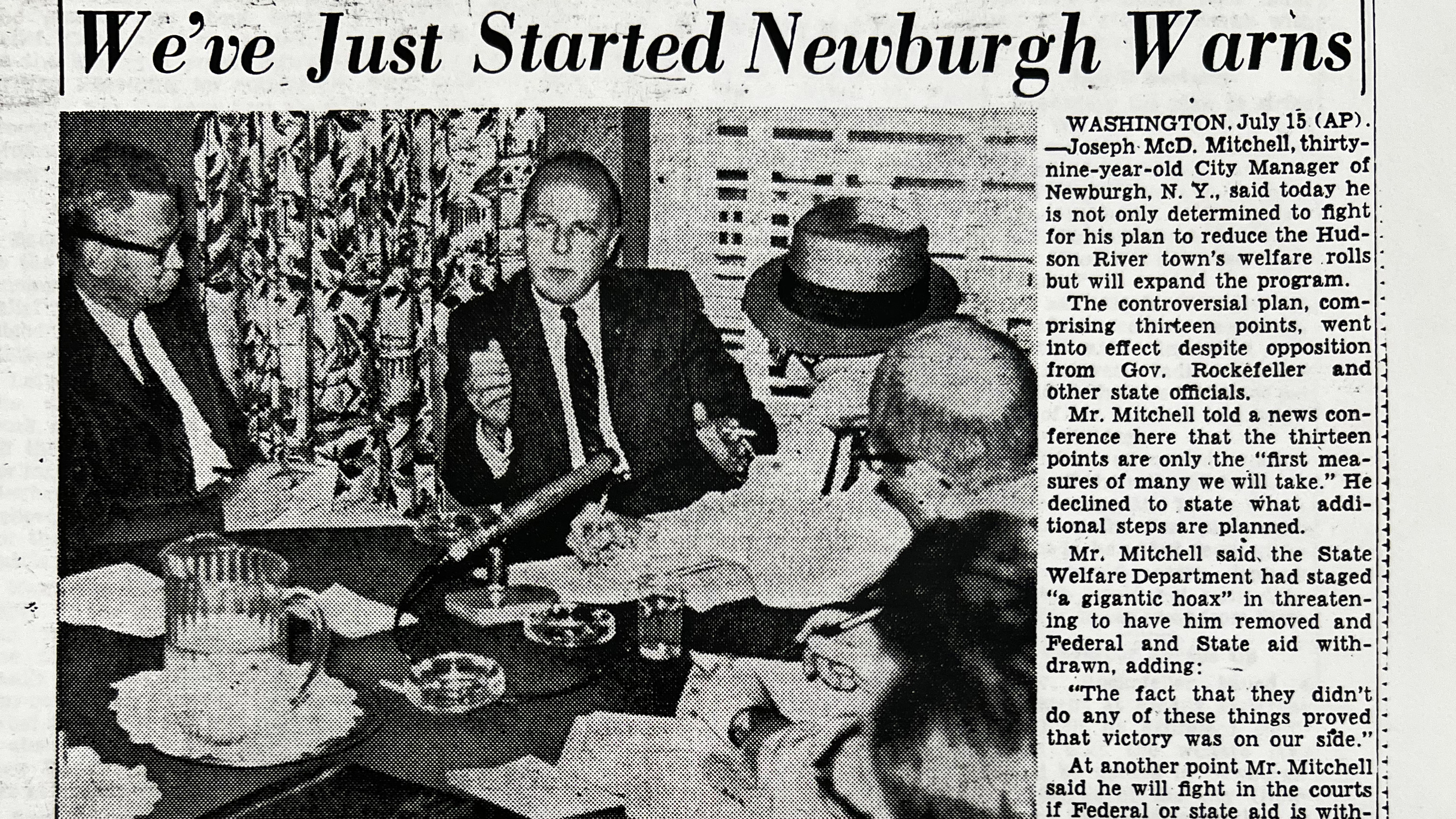SHORT BIO
Krissy Clark hosted, reported, produced and edited for Marketplace's award-winning narrative documentary podcast “The Uncertain Hour,” where she dug into forgotten history, obscure policies and human stories to help make sense of America's weird, complicated and often unequal economy. She’s covered the legacy of welfare reform, low-wage work, the war on drugs, and the gentrification of cities. She’s interested in the intersection of public policy, money, and people, and how those forces come together to create parts of our world that can seem inevitable but have very specific origin stories.
Krissy has reported for “99% Invisible,” Reveal from the Center for Investigative Reporting, Slate, Freakonomics, NPR, the BBC and High Country News. Her investigation into welfare funding was featured on “Last Week Tonight with John Oliver.” Her reporting has been referenced in legislative hearings, and written about in outlets including the Washington Post, The Guardian, and New York Magazine. She has guest lectured at the USC journalism program, the Salt Institute for Documentary Studies and City College in New York. She has produced audio tours for StoryCorps, and her location-based storytelling projects have been exhibited at the New Museum’s Ideas City Festival.
She won two Gracies for best investigative report and best reporter, has been a finalist for a Loeb award, a Livingston Award, a Third Coast International Audio Festival award, and a nominee for a James Beard award for food journalism. She’s been on teams that received an IRE (Investigative Reporters and Editors) Medal, a Scripps-Howard award, a Webby, a First Prize in Investigative Reporting from the National Awards for Education Reporting, and awards from the Society for Advancing Business Editing and Writing.
Krissy grew up in northern California. She has a degree in the humanities from Yale University and was a Knight Journalism Fellow at Stanford University.
Episodes by Krissy (39)

Chapter 6: The Welfare to Temp Work Pipeline
Apr 26, 2023








